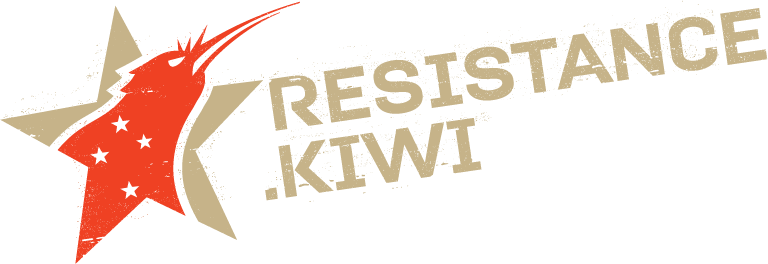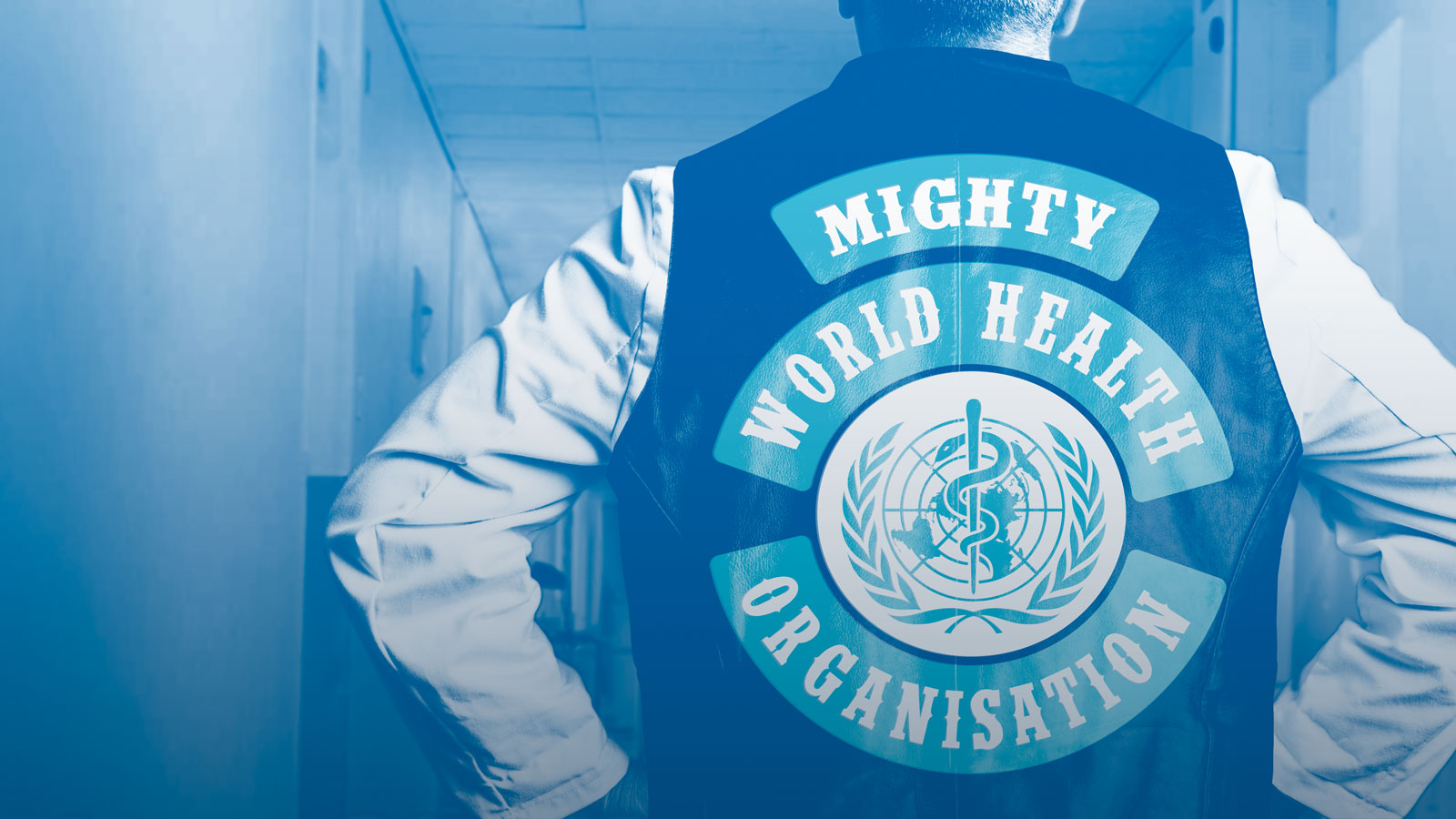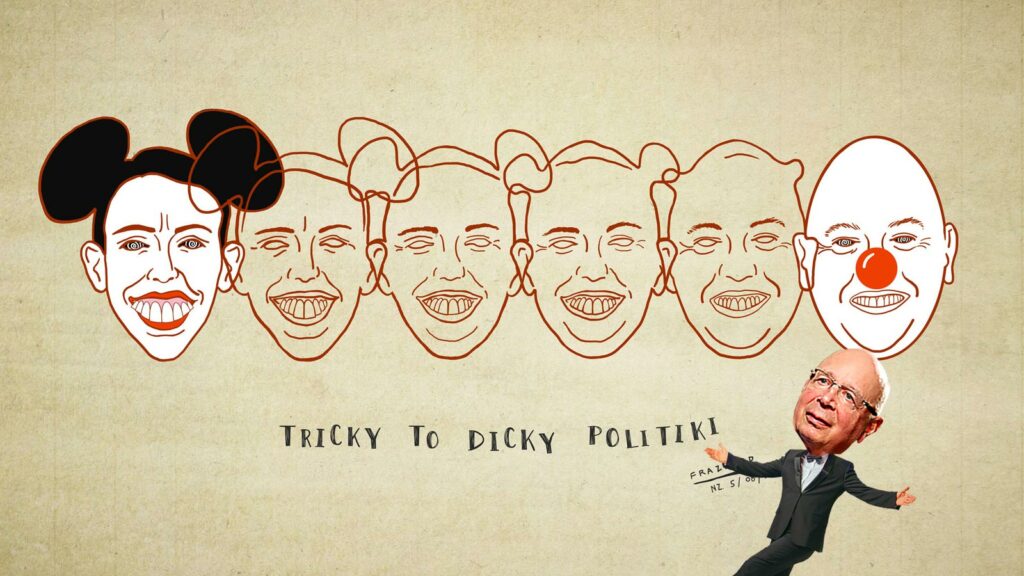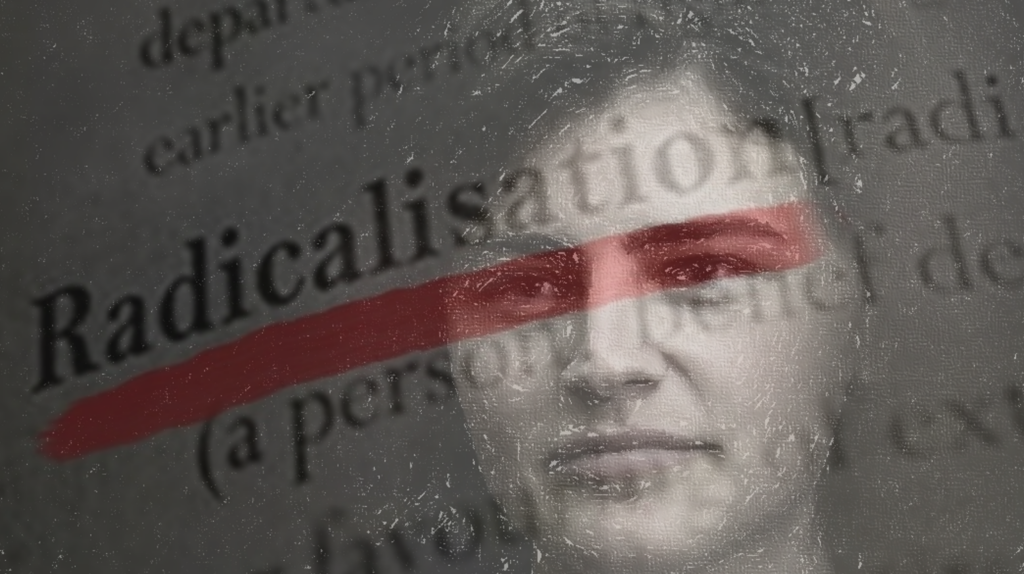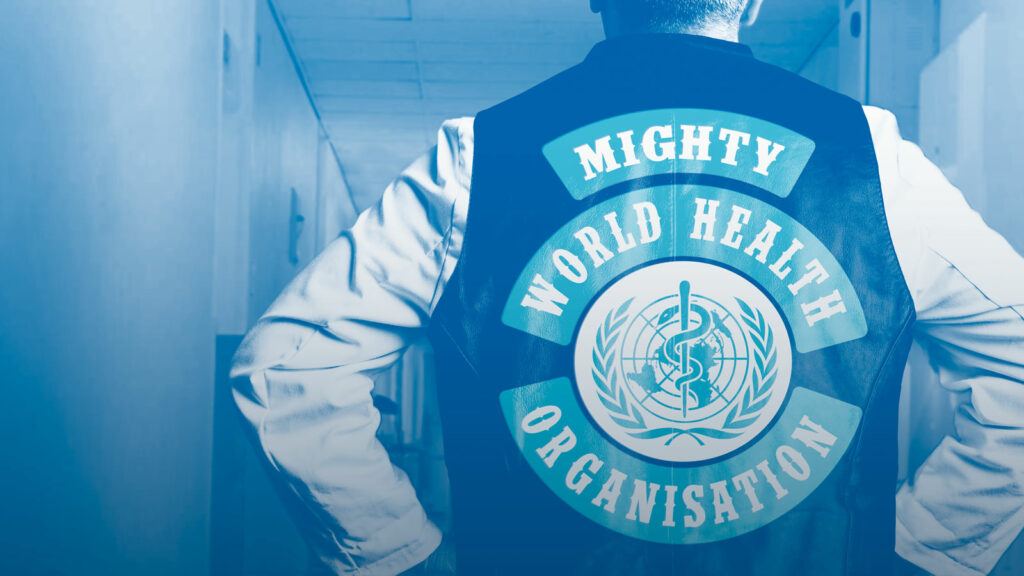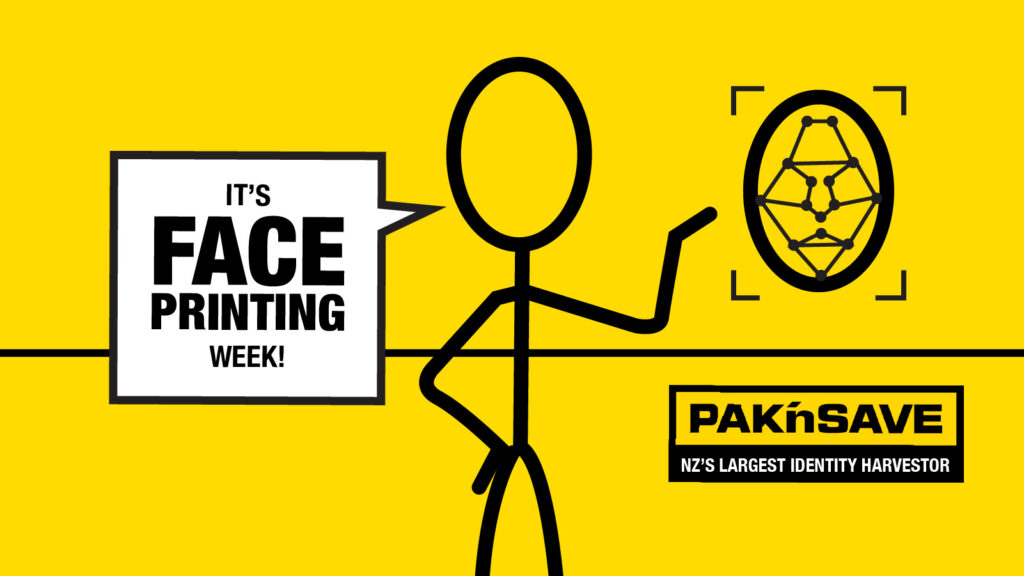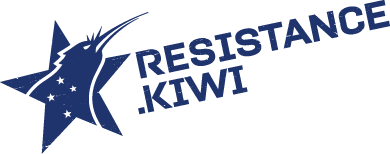GUEST WRITER KERI MOLLOY
June 19 2022
World Health Organisation postpones second round of public hearings
Some see the World Health Organisation’s global plan for pandemic preparedness as sensible international cooperation to curb infectious diseases. Others see it as an oppressive, globalist power grab. Whatever the case, Aotearoa/NZ is in the thick of it.
World Heath Organisation (WHO) is an agency of the United Nations responsible for international public health. It is calling on its 194 member states to “make concrete commitments to vaccinate the world, save lives now and build better health security.”
And WHO Director-General Dr Tedros Adhanom Ghebreyesus is counting on New Zealand’s support.
In February this year Minister of Foreign Affairs Nanaia Mahuta, met Tedros in Geneva. The objective of the meeting was to discuss New Zealand’s continued strategic, technical and financial support for WHO.
Tedros expressed his ‘deep gratitude’ to New Zealand for its leadership in public health and invaluable support for WHO, including its pandemic treaty.
“As one of the founding members of WHO, New Zealand has been a long-standing and highly valued partner”, he said at the time.
Responding to an Official Information Act request for information about New Zealand’s involvement in the treaty, Ministry of Health deputy director general Sarah Turner explains the process:
“WHO member states, including New Zealand, jointly agreed to begin negotiating a new treaty (or instrument) at a special session of the World Health Assembly in November 2021.”
The World Health Assembly is the main decision-making body of WHO.
Treaty negotiations are being advanced via an Intergovernmental Negotiating Body (INB), involving all WHO member states, including New Zealand.
“As part of the INB process, member states will jointly determine what actions will be required to better prevent, prepare and respond to a future pandemic”, Turner says:
“New Zealand sees the establishment of the INB as an important step towards preparing the world for future health emergencies and ensuring that a global health crisis of this magnitude does not occur again. Governments are working towards an outcome by the 77th World Health Assembly in 2024.”
In the meantime WHO is conducting public hearings. A second round of hearings, scheduled for this month, was postponed to an undisclosed date ‘in order to ensure that the input to be gathered in that second round supports the continued work of the INB.’
However support for WHO’s treaty may be more elusive than anticipated.
At the World Health Assembly’s May meeting, objections were lodged to US drafted amendments to WHO’s existing Health Regulations 2005 (IHR).
The proposals, an important element of the treaty initiative, were seen as a threat to the autonomy of other member nations, giving more power to the Director General of WHO and regional directors without country agreement to determine whether an event constitutes a public health emergency of international concern.
No vote was taken but opposition forced WHO to accept that there was no consensus.
The African delegation led by Botswana rejected the treaty initiative on behalf of its 47 AFRO members.
Brazilian President Jair Bolsonaro also indicated his country would not sign onto the pandemic treaty, and made it clear Brazil would not surrender its sovereignty to the globalist institution.
Russia, India, China, South Africa, Iran and Malaysia also rejected the treaty.
And in the UK, a petition has been signed by 153,000 people, urging their government not to sign any WHO pandemic treaty unless it is approved via public referendum.
UK based scientist and researcher Dr Tess Lawrie says citizens need to make sure their governments are serving them.
She fears that a global pandemic agreement could give WHO undemocratic rights over every participating nation and its citizens.
“Whether your country’s elected government would agree or not, the WHO could impose lockdowns, testing regimes, enforce medical interventions, dictate all public health practice, and much more.”
However Tedros states that WHO stands strongly for individual rights and WHO’s agenda is public, open and transparent.
“Unfortunately, there has been a small minority of groups making misleading statements and purposefully distorting facts.” he said in May.
Seeking input for its public hearings, WHO asks its member states: “What substantive elements do you think should be included in a new international instrument on pandemic preparedness and response?”
So an international treaty, in some form, is taken as a given, although Tedros states: “Our mandate is 100 per cent determined by member states and what they agree.”
WHO says it welcomes input from all interested parties, including the general public.
However there are rules in the terms and conditions relating to public hearings:
“You understand that WHO is not able to ensure that all interested parties will be able to participate in the public hearings, and that thus WHO does not make any commitment or undertaking to allow you to participate in the public hearings.”
In fact, WHO may, ‘at its sole discretion’, and without any notice or remedy to the interested party, elect to remove them from participation in the public hearings and remove or redact any contribution they may have made to the public hearings.
A two thirds vote of WHO’s 194 member states is required for adoption of the proposed treaty.
The Ministry of Health, with the Ministry of Foreign Affairs and Trade (MFAT) is expected to release information about treaty negotiations ‘in coming weeks’.
Sources
Tedros seeks commitment; Vaccinate the world
NZ/WHO partnership: https://www.who.int/news/item/28-02-2022-new-zealand-and-who-partnering-for-a-healthier-future
Independent panel: https://theindependentpanel.org/about-the-independent-panel/
Ending the pandemic in 2022 requires global leadership: https://www.who.int/news/item/10-05-2022-leaders-urged-to-make-firm-commitments-for-second-global-covid-19-summit-by-act-accelerator-agency-leads
NZ funding to WHO: https://open.who.int/2020-21/contributors/contributor?name=New%20Zealand
World Health Assembly: www.who.int/about/governance/world-health-assembly
UK petition: https://petition.parliament.uk/petitions/614335?s=09
World Council for Health concerns
https://worldcouncilforhealth.org/news/2022/06/letter-pandemic-treaty-ihr-ammendments/77079/?lang=fr
Tedros statement
US amendments
Input – question
Public hearings – terms and conditions
https://inb.who.int/home/terms-of-participation
World Health Assembly
https://www.who.int/about/governance/world-health-assembly/seventy-fifth-world-health-assembly
